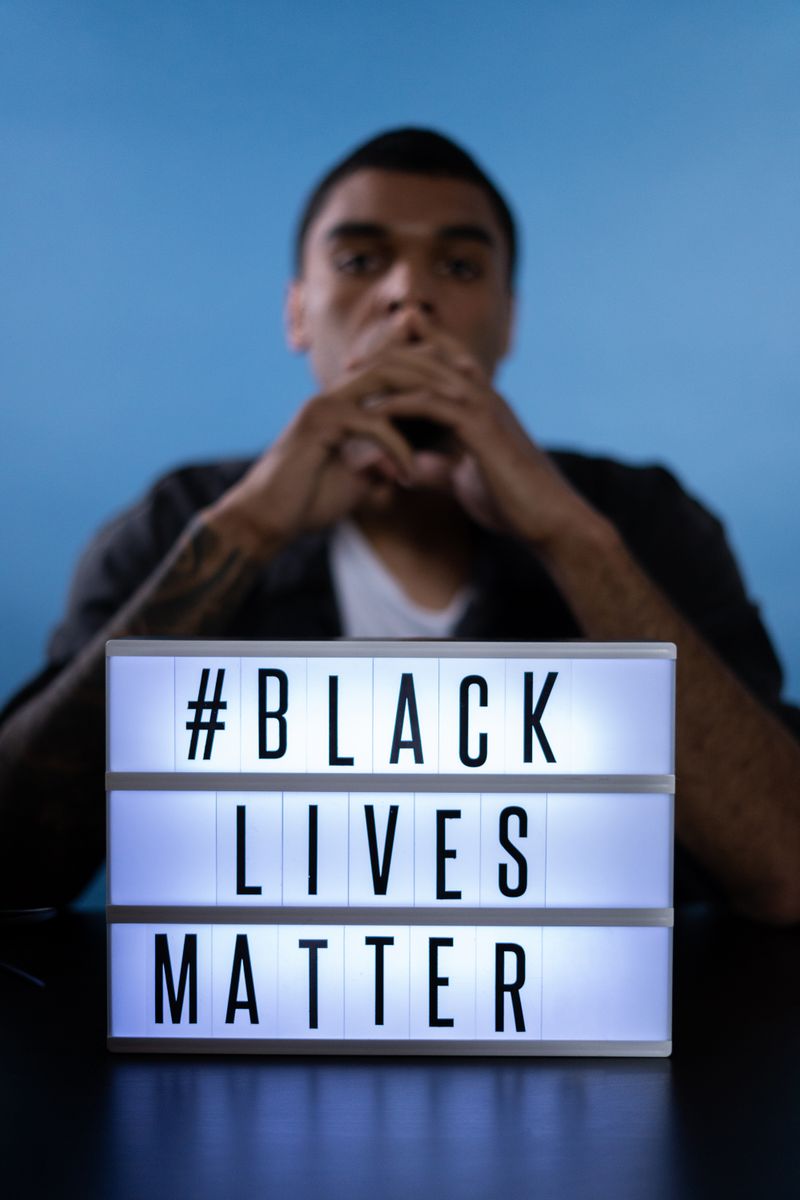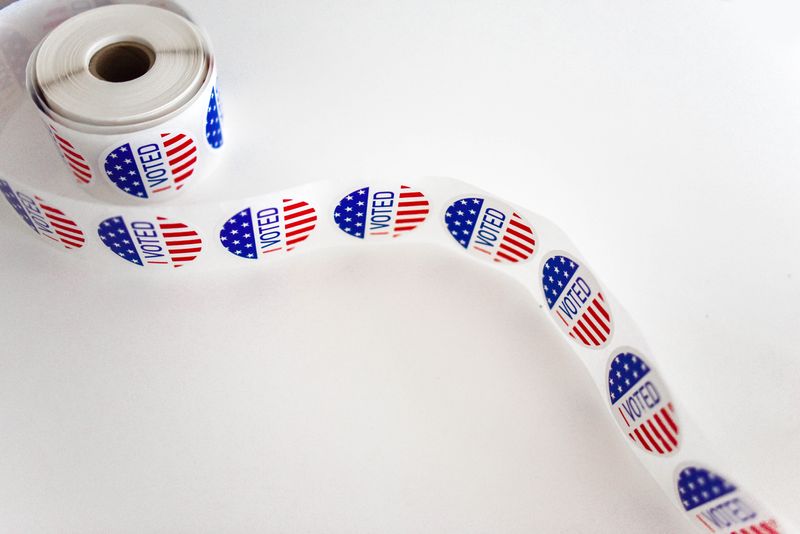- Jordan’s Queen Rania Criticizes Western Media’s Coverage of Gaza Conflict
- Queen Rania of Jordan, who is of Palestinian descent, recently spoke out against the Western media’s coverage of the Gaza conflict in an interview with CNN. She accused the media of having a “double standard” when it comes to reporting on the atrocities committed by Hamas terrorists in Israel.
- The Need for Independent Reporting in Conflict Zones
- The Role of the Media in Conflict Reporting
- Calls for a Ceasefire and Two-State Solution
- Conclusion
- You might want to read !
Jordan’s Queen Rania Criticizes Western Media’s Coverage of Gaza Conflict
Queen Rania of Jordan, who is of Palestinian descent, recently spoke out against the Western media’s coverage of the Gaza conflict in an interview with CNN. She accused the media of having a “double standard” when it comes to reporting on the atrocities committed by Hamas terrorists in Israel.
Queen Rania raised concerns about the way the Western media portrays the conflict, emphasizing the need for independent verification of information before reporting it. She highlighted a specific incident where CNN reported on Israeli children found slaughtered in an Israeli kibbutz without independent verification. Queen Rania questioned whether the Western media would publish information that came solely from the Palestinians without confirming its veracity.
However, Christiane Amanpour, the CNN journalist conducting the interview, pointed out that there were pictures showing the bodies of babies full of bullets, indicating that there was evidence of violence against children. This exchange raises an important question about the responsibility of the media to report accurately and fairly, especially in conflict zones.
The Need for Independent Reporting in Conflict Zones
The interview with Queen Rania sheds light on the challenges journalists face when reporting on conflicts, particularly when dealing with conflicting narratives and claims from opposing sides. In conflict zones, it is crucial for journalists to independently verify information and provide an objective account of events. This includes corroborating facts and seeking multiple sources to ensure the accuracy and credibility of their reporting.
Reports that lack independent verification can perpetuate misinformation and misleading narratives, which harms the public’s understanding of the conflict and exacerbates tensions between the parties involved. Additionally, biased reporting can contribute to the formation of public opinion that is skewed towards one side, undermining any efforts for a fair and just resolution.
The Role of the Media in Conflict Reporting
The media plays a vital role in shaping public opinion and influencing policy decisions during conflicts. Through their reporting, journalists can shed light on the suffering of civilians, hold accountable those responsible for human rights violations, and contribute to the search for a peaceful solution.
However, the media also faces challenges in impartially reporting on conflicts. The pressures of time constraints, limited access to information, and the risk of personal safety can hinder journalists’ ability to provide comprehensive and unbiased coverage. The responsibility lies on both journalists and news organizations to maintain ethical practices, prioritize accuracy and fairness, and remain vigilant against unduly influenced reporting.
Calls for a Ceasefire and Two-State Solution
Queen Rania also highlighted the lack of international calls for a ceasefire in the Gaza conflict, expressing frustration at the silence from the global community. She emphasized the urgent need for peace and called for a two-state solution that would establish a “free, sovereign, and independent” Palestine. Queen Rania’s perspective echoes the longstanding international consensus on the need for a negotiated settlement that would see the creation of both a secure Israel and an independent Palestinian state.
Conclusion
The interview with Queen Rania of Jordan serves as a reminder of the imperative for accurate and independent reporting in conflict zones. It highlights the need for journalists to adhere to ethical standards and for news organizations to prioritize objective reporting. It also underscores the importance of international actors actively engaging in resolving conflicts and promoting peace.
In the midst of the ongoing Gaza conflict, it is crucial to consider diverse perspectives and to critically assess the information presented by all parties involved. Engaging in a comprehensive analysis of the situation will enable a more nuanced understanding of the complexities at hand and facilitate the search for a just and lasting resolution.

<< photo by cottonbro studio >>
The image is for illustrative purposes only and does not depict the actual situation.
You might want to read !
- Jon Jones Out of UFC 295 Clash with Stipe Miocic Due to Injury: An Analysis of the Impact
- Trudeau’s Delicate Balancing Act: Exploring Limits on Indigenous Resource Development in Oil and Gas Industry
- “RC Lens Holds Strong Against PSV in Champions League Showdown”
- Martinelli reflects on flawless UCL debut | Exclusive Interview
- Bank of Canada Unlikely to Raise Interest Rates Amid Slow Economic Growth
- Analysis: The Global Impact of Putin, Xi, and Khamenei in a Shifting World
- “Otis’ Impact: Tracking the Path of a Weakening Hurricane in Mexico”
- “Loki” Season 2, Episode 3: Expanding the Cast and Bringing Back Familiar Faces
- Inaccurate Perception Busted: Napoleon was not short




